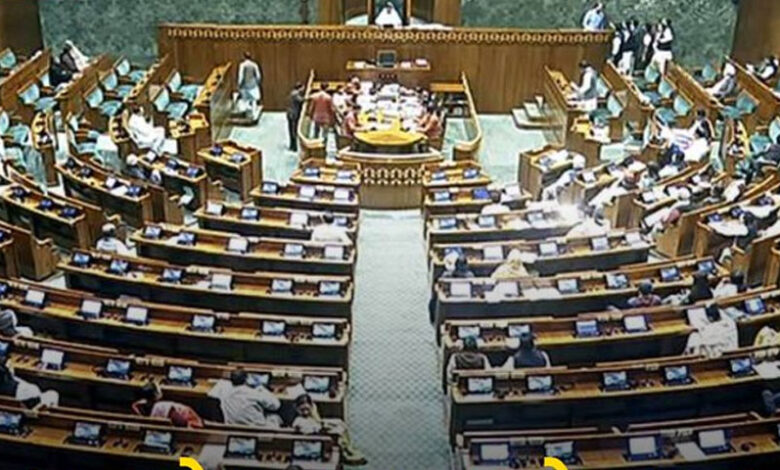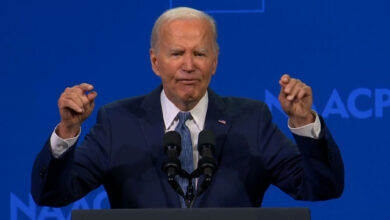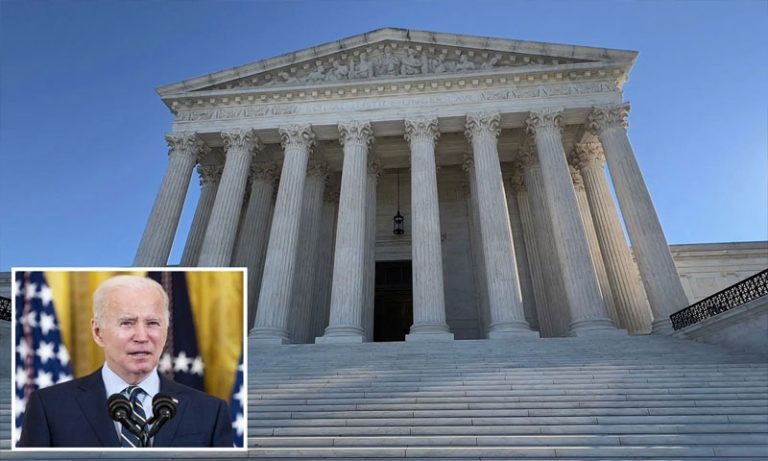Indian Lok Sabha Approves Controversial ‘One Nation, One Election’ Bill, But Falls Short of Required Majority

Islamabad:The Indian Lok Sabha has passed the controversial ‘One Nation, One Election’ bill amid strong opposition protests, but it failed to secure the required two-thirds majority to become law.
The bill, which aims to hold simultaneous elections for the central and state assemblies across India, sparked intense debate in the lower house of Parliament. Law Minister Arjun Ram Meghwal proposed that the bill be referred to a Joint Parliamentary Committee (JPC) for further consultation, a move that was later approved.
Despite strong opposition from political leaders, including members from the Congress and Samajwadi Party, the bill was passed with 269 votes in favor and 198 votes against. However, it fell short of the 307 votes required for a two-thirds majority, meaning it could not be officially enacted. In total, 461 votes were cast, with the bill falling 44 votes short of the necessary majority.
**Opposition Criticism:**
The bill has faced fierce opposition, particularly from the Congress party, which has expressed concerns about its potential impact on India’s democratic structure. Senior Congress leader Jairam Ramesh criticized the bill, claiming it was just the first step toward a larger agenda to overhaul India’s constitution. He suggested that the ultimate goal of the ruling Bharatiya Janata Party (BJP) and Prime Minister Narendra Modi was to introduce a completely new constitution.
Congress MP Gaurav Gogoi argued that the bill was an attack on the constitution and the people’s right to vote. Opposition MPs, including Manish Tewari and Samajwadi Party’s Dharmendra Yadav, also strongly objected to the bill, stressing its dangers to India’s democracy.
**What is ‘One Nation, One Election’?**
The ‘One Nation, One Election’ proposal, first raised in September 2023, suggests holding simultaneous elections for the central government and all state legislatures across India. This would mean elections for both the Parliament and state assemblies would be held on the same day, with results announced together. The plan aims to streamline the electoral process, reduce costs, and address logistical challenges of holding multiple elections at different times.
**Home Minister’s Remarks:**
During the debate, Home Minister Amit Shah defended the bill, stating that when it was initially proposed, Prime Minister Modi had suggested referring the issue to a Joint Parliamentary Committee for detailed discussion. Shah emphasized the need for comprehensive deliberation before moving forward with the bill, and affirmed his support for the JPC’s role in evaluating it.
The bill has now been sent to the Joint Parliamentary Committee for further review, and it remains to be seen whether it will gain the necessary support to proceed in the future.





